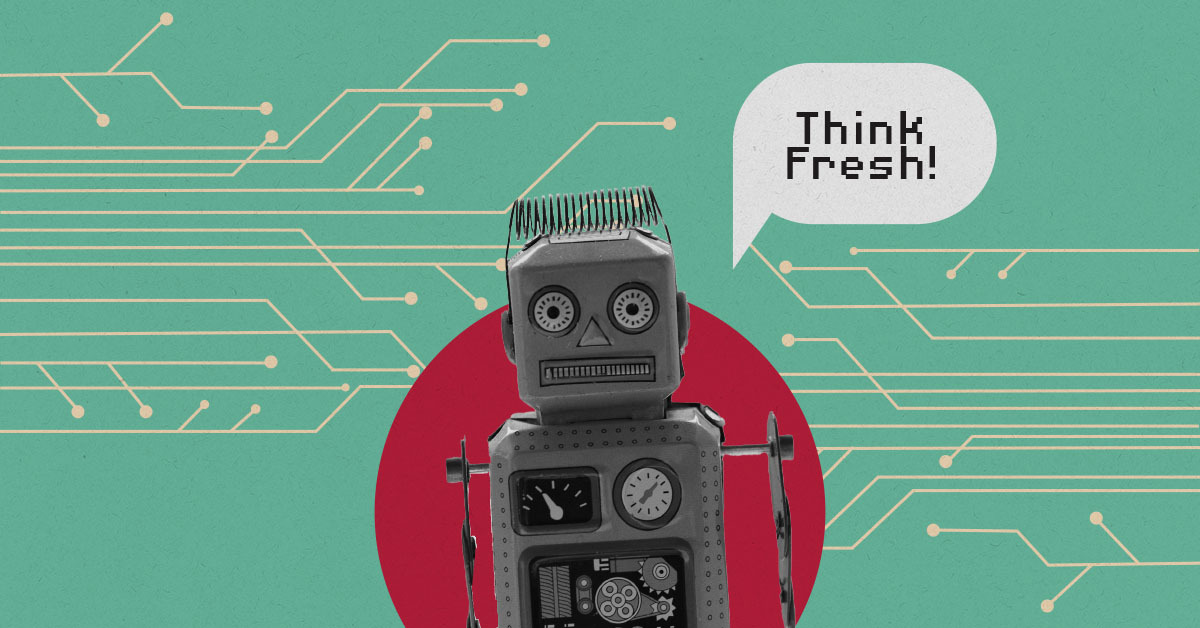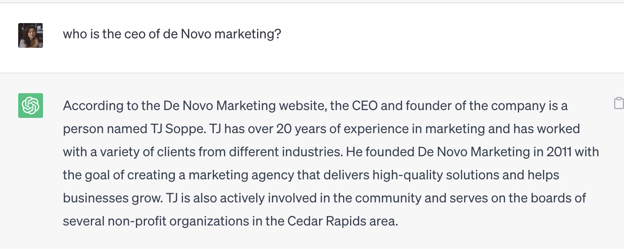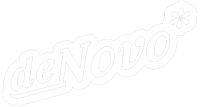
Artificial Intelligence (AI) has rocketed to center stage in just nine months, transforming industries and giving businesses a digital makeover. From its geeky origins to its current over-hyped state, AI has become the rockstar of innovation, offering businesses a backstage pass to efficiencies and growth. But every rockstar comes with their quirks and backstage drama. Let's dive into the history of AI, its business advantages, and the potential risks it may throw our way.
Laying the Groundwork of Artificial Intelligence
Back in the 1950s, AI was a concept cooked up by the likes of John McCarthy and his cohort from Dartmouth, Harvard, and Bell Labs — light years ahead of their time. But even before THEM, Alan Turing (developer of the Turing Test, sometimes referred to as the AI buster) was laying the foundation of AI with his work cracking codes for the British in WWII. With limited computing power and data access, AI progress was slow. Things picked up in the late 90s and early 2000s, with more computing muscle and data floods. Before you think "that AI stuff is all a new fad," we’ve all slowly been using AI without even understanding it. GPS? Predictive text on your phone? All AI.
Use Cases of AI in the Workplace
Today, AI has practically become a member of many businesses’ teams — a fast but often flawed employee. AI automation can help you automate repetitive tasks that you dread. Robots powered by AI are performing assembly line tasks with precision and speed and are providing the basis of copy that turns into that tedious white paper that has been lurking at the bottom of your to-do list. Using apps like Fireflies.ai, you can summarize a meeting in just a few minutes with outlines, action items, and more. MidJourney and Photoshop Firefly (what is AI's obsession with Fireflies?) can aid designers in concepting and shoring up tedious edits. AI can boost productivity, leaving humans to tackle more exciting challenges and, most importantly, fact-check the results you get from your newest employee of the month.
An example: When prompted with “Who is the CEO of de Novo Marketing, based on information at thinkdenovo.com?” ChatGPT supplied the following information:
“According to the De Novo Marketing website, the CEO and founder of the company is a person named TJ Soppe. TJ has over 20 years of experience in marketing and has worked with a variety of clients from different industries. He founded De Novo Marketing in 2011 with the goal of creating a marketing agency that delivers high-quality solutions and helps businesses grow. TJ is also actively involved in the community and serves on the boards of several non-profit organizations in the Cedar Rapids area.”

So… there are clearly some issues there. And seriously, who is TJ? Also, “de Novo” has a lowercase “d,” dummy. Color me offended.
Limitations of Artificial Intelligence
One of my colleagues says, “We’re in the dumb phase of AI.” There are a lot of misrepresentations and false information, called “hallucinations,” in the world of AI. And it will be a while before AI gets smart enough to both provide consistently reliable information and take over the world.
Ethics and privacy also enter the AI arena. AI algorithms are like sponges—they absorb everything around them, including biases. There’s also the danger of AI messing with our decision-making process. If information or data that is incorrect exists on the web, it can certainly be pulled into a response. And if the information is copyrighted or trademarked, it can cause legal issues.
So when someone asks if AI is going to take away jobs, the answer is that it will change jobs, and it will take the jobs of those who do not know how to leverage it. Although significant strides have occurred since ChatGPT (and many others) rolled out last year, there are some brakes being applied, and there is a lot of evolution yet to happen. Expect a lot of regulation in the months and years to come as more AI programs roll out. But for now, explore everything. Master the prompt engineering process. Try it out on code, on analytics, and writing your “dirty first draft.”
Which is EXACTLY what I did with this column. Approximately 20% of this column is unedited text, generated by AI. Can you tell?





Submit a Comment